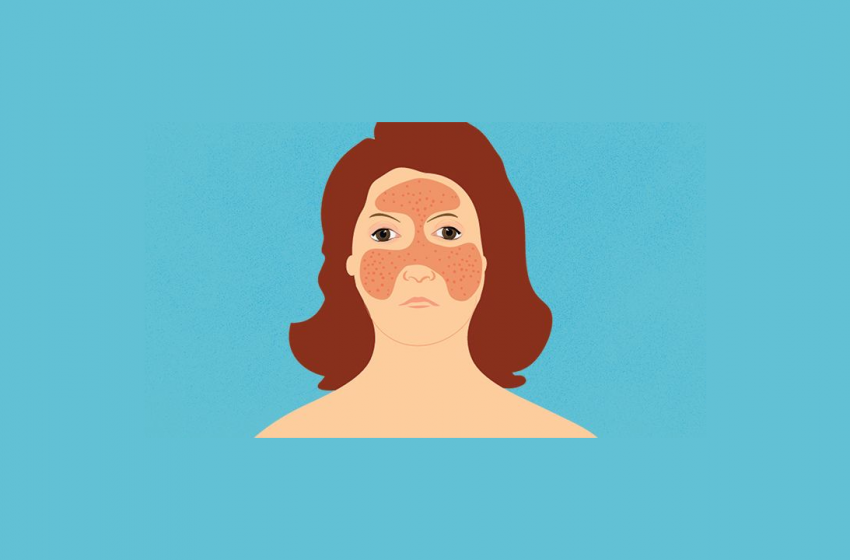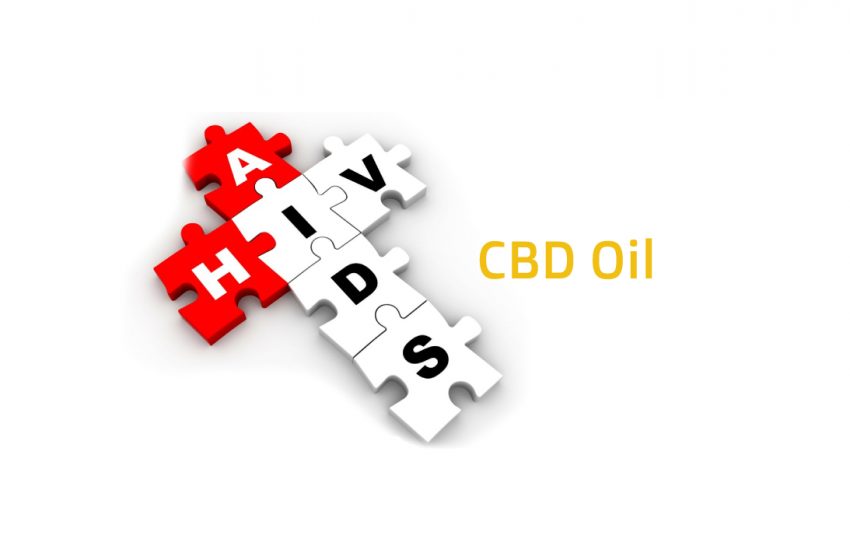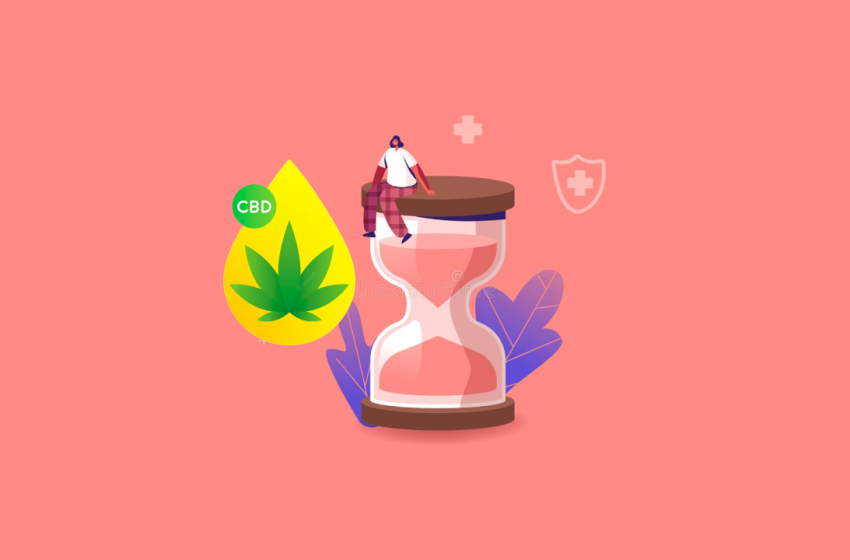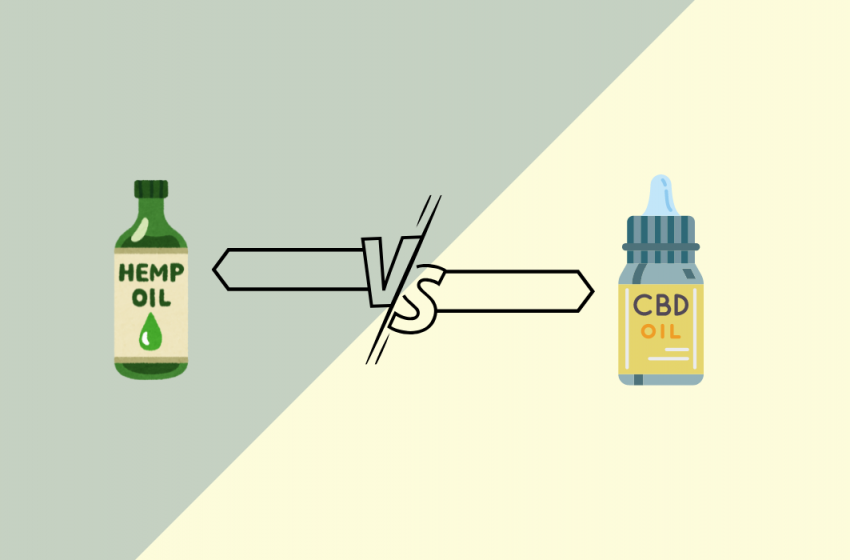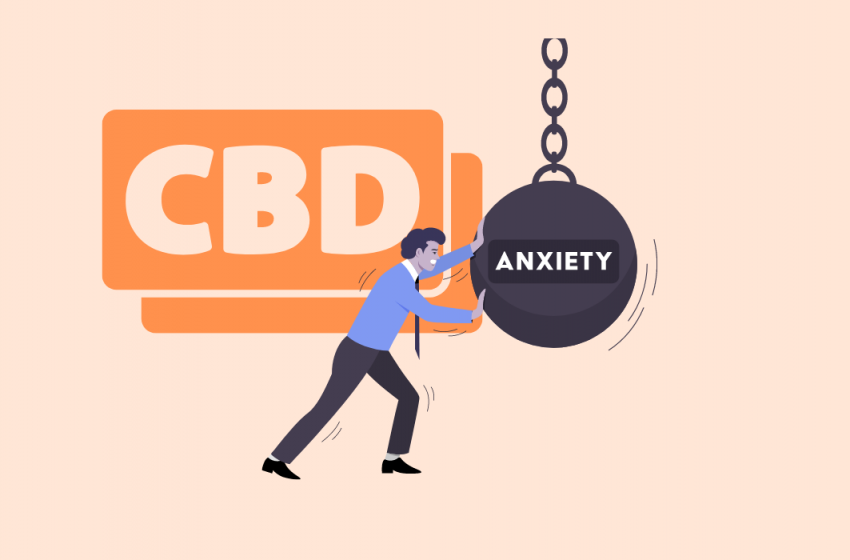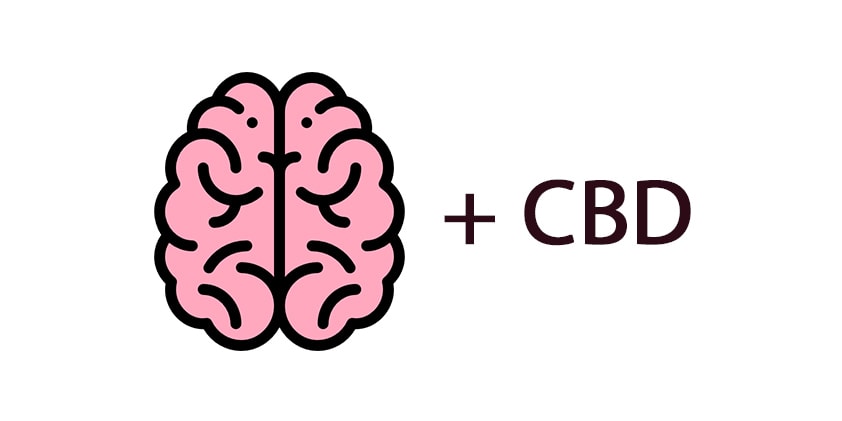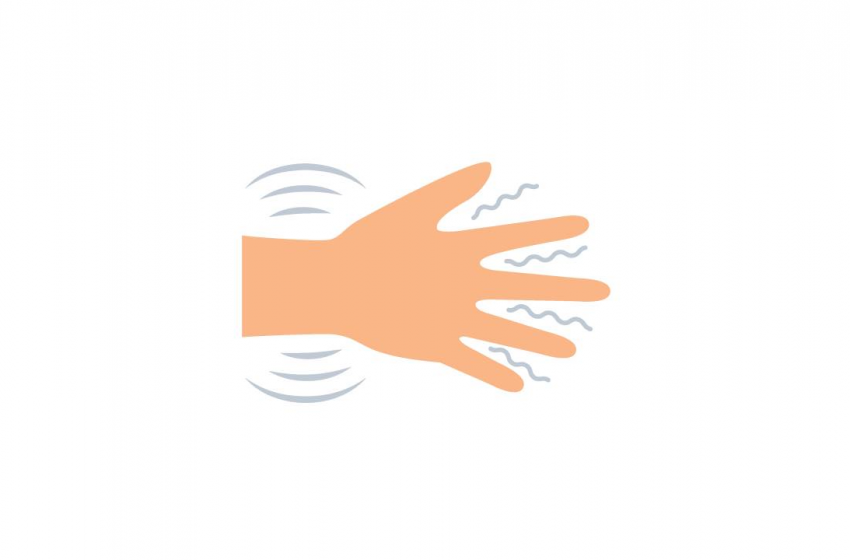CBD and Antibiotic interaction
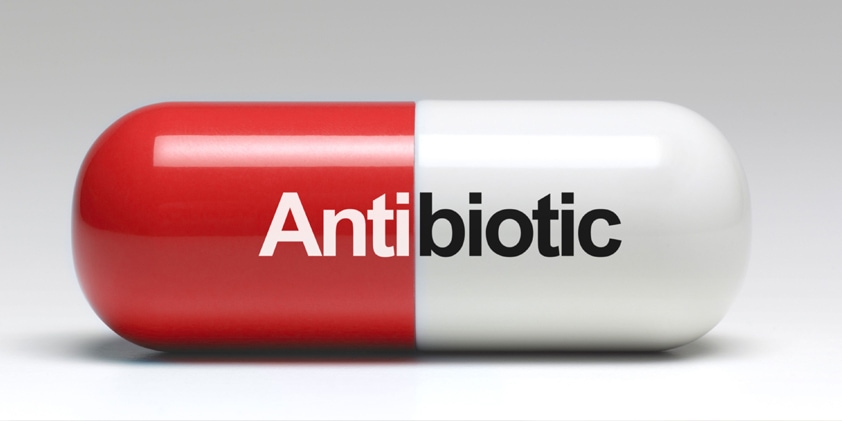
Since CBD has antibiotic properties, there are times where combining it with prescribed antibiotics may make each more effective. A study has found that CBD may be helpful in fighting antibiotic-resistant bacteria.
There is a warning however in not combining CBD oil with medications with a “grapefruit warning.” CBD may slow antibiotics’ interactions with the cytochrome P450 enzyme system which makes the antibiotics stay in your system for longer than anticipated.
CBD, a non-psychoactive component of cannabis, works through its interactions with your body’s endocannabinoid system. In other words, CBD helps to alter some bodily processes with the hopes that these changes help with whatever condition with which you’re dealing.
However, there are times when you don’t want CBD to affect the way your body operates. Once such instance is when you’re taking antibiotics. The side effects of using CBD oil with antibiotics may mean you should reduce or cease using CBD while on your antibiotic treatment. Of course, you should always discuss any treatment changes with your doctor to determine the best course of action.
Effectiveness of Using CBD Oil and Antibiotics Together
Because CBD is believed to have antibiotic properties, too, there are times where combining CBD with prescribed antibiotics may make each more effective. This is because CBD and antibiotics attack bacteria in different manners.
In fact, there is reason to believe that CBD oil taken with antibiotics can help fight antibiotic-resistant bacteria. A recent study tested how CBD behaved when used against several antibiotic-resistant strains of MRSA. The study indicated that CBD may be a potent tool in fighting what’s considered one of the most treatment-resistant strains of bacteria known to man.
Part of CBD’s potential effectiveness in fighting bacteria may be due to its antimicrobial properties. This property may help keep the body healthy post-infection, as it leaves the healthy bacteria that your body needs to function properly, unlike antibiotics which can decimate all bacteria within the body.
Risks of Taking CBD Oil and Antibiotics
One of the main concerns of combining CBD oil with traditional antibiotic treatment is the “grapefruit effect.” Much like grapefruit, CBD may slow antibiotics’ interactions with the cytochrome P450 enzyme system. This allows the antibiotics to stay in your system for longer than anticipated, causing adverse side effects, such as mood changes, nausea, stomach pain, and weakness.
Typically, these side effects are experienced when combining CBD with two specific antibiotics: clarithromycin and erythromycin. These antibiotics may be prescribed on their own or included in a mixture of antibiotics. Generally speaking, if you find that your medicine lists the “grapefruit warning,” you’ll want to avoid mixing it with CBD. If you’re concerned about the potential interaction of CBD and your antibiotics, make sure to reach out to the prescribing doctor. They can discuss alternative treatment options for either your antibiotic or CBD to better ensure you don’t experience these negative side effects. They can also help determine the best dosage of CBD oil with antibiotics to eliminate the unhealthy bacteria from your system.

